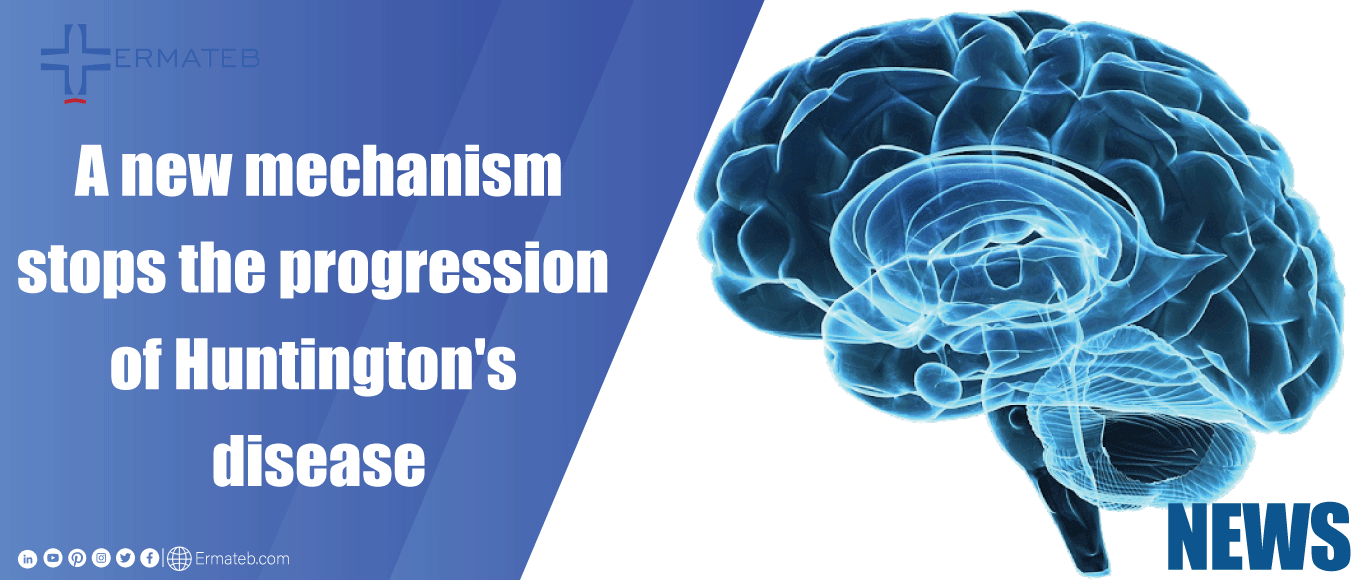
A new mechanism that prevents Huntington's disease development in cells has been identified by scientists at UCL and the University of Cambridge.
Huntington's disease is a condition that stops parts of the brain from working properly over time. It's passed on (inherited) from a person's parents. It gets gradually worse over time and is usually fatal after a period of up to 20 years. Hopefully, this research could lead to a cure for this incurable disease.
Huntington affects about 1 in 10,000 people in the UK. The disease is caused by an increased CAG repeat number in a gene coding for a protein with an unknown function, called huntingtin. The trinucleotide CAG codes for the amino acid glutamine and the expanded CAG repeats are translated into a series of uninterrupted glutamine residues (a polyglutamine tract). These CAG tri-nucleotide repeats are expanding by misuse of cellular machinery that usually promotes DNA repair called 'mismatch repair'. This overuse in mismatch repair drives Huntington's disease onset and progression.
In this study researchers used human cells and techniques that can read DNA repeat expansions, the researchers found that FAN1 can block the accumulation of the DNA mismatch repair factors to stop repeat expansion thus alleviating toxicity in cells derived from patients.
"Evidence for DNA repair genes modifying Huntington's disease has been mounting for years. We show that new mechanisms are still waiting to be discovered, which is good news for patients.” Researchers say.

